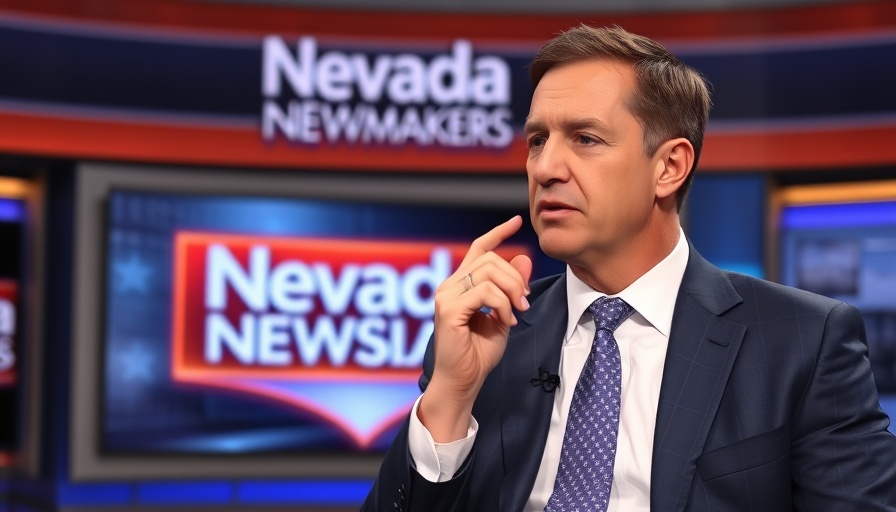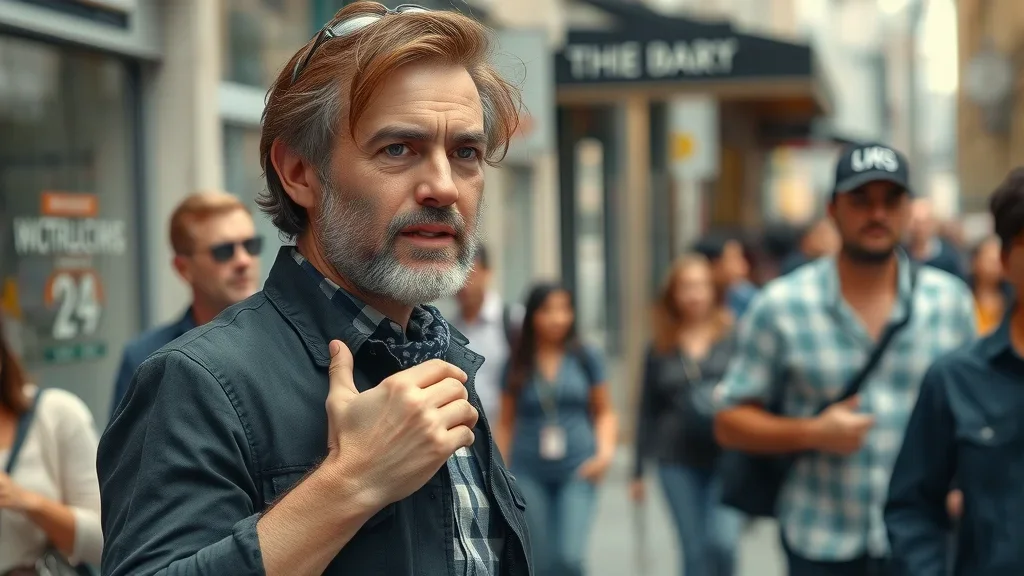
The Unfolding Debate on Assisted Suicide in Nevada
The recent announcement from Nevada's Governor Lombardo has reignited the contentious debate surrounding assisted suicide. By stating, "I will not sign it," the governor effectively derailed a bill aimed at legalizing assisted suicide, a proposal presented to the legislature for the sixth time. This decision not only reflects the governor's stance but also opens the floor for deeper discussions on the moral and ethical implications of assisted suicide within the context of Nevada's medical care landscape.
In 'US governor derails assisted suicide Bill,' the discussion dives into the complexities of end-of-life care, exploring key insights that sparked broader analysis on our end.
Historical Context: The Struggle for Assisted Suicide Legislation
Assisted suicide legislation is not a new phenomenon in the United States, with many states wrestling with the ethical dilemmas of this practice. In Nevada, the proposal has faced multiple rejections, raising questions about the societal views on personal autonomy, suffering, and the role of medical professionals. The persistence of these proposals shows a commitment by advocates, like bill sponsor Joe Dalia, to ensure that the conversation continues despite political setbacks.
Why Governor Lombardo Opposes Assisted Suicide
Governor Lombardo's rationale for opposing the bill centers around the expansion of palliative care services and improvements in pain management. He argues that such healthcare advancements make legislation on assisted suicide unnecessary. This perspective emphasizes a vital discussion around the effectiveness of current medical services available to terminally ill patients and whether these services adequately address the need for dignified end-of-life care.
The Religious Dimension of the Discussion
For many Christians and faith-based groups, the topic of assisted suicide is intrinsically linked to theological beliefs about life and death. Upholding the sanctity of life, many see the practice of assisted suicide as morally unacceptable. The governor's decision might resonate well with these communities, strengthening the position of those who advocate for life-affirming care solutions.
Counterarguments: Perspectives from Advocates of Assisted Suicide
While opponents voice concerns over assisted suicide, advocates argue for individuals' rights to make their own choices, especially in facing terminal illnesses. They posit that the option of assisted suicide can provide a sense of control and dignity to those in unbearable pain. This ongoing conflict raises critical questions about personal freedom versus societal norms and ethics.
Future Predictions: What's Next for Assisted Suicide in Nevada?
Given Governor Lombardo’s firm stance against assisted suicide, the pathway for potential legislation appears daunting. However, as palliative care continues to develop and societal perspectives may shift, advocates like Dalia remain hopeful that future proposals could find more compassionate support. The key debates will likely continue to revolve around balancing the rights of individuals with ethical considerations, challenging both the faith community and policymakers to consider a broader perspective on life and death.
Concluding Thoughts: The Importance of Open Dialogue
As discussions surrounding the assisted suicide bill in Nevada demonstrate, engaging in thoughtful and respectful dialogue about such sensitive issues is crucial. For Christians and all members of the community, understanding both sides of the argument can enrich conversations surrounding care at the end of life. Governor Lombardo's commitment to enhancing palliative care highlights the ongoing responsibility to seek compassionate solutions to suffering, ensuring every individual is valued at all stages of life.
 Add Row
Add Row  Add
Add 








Write A Comment